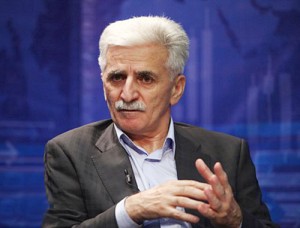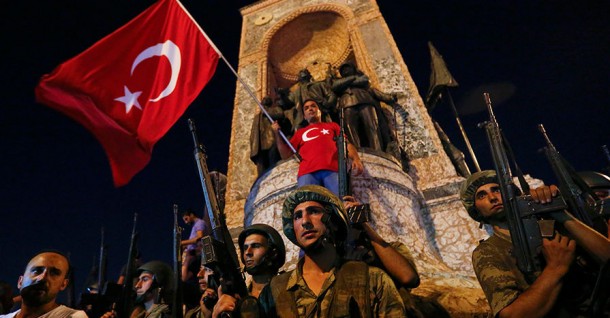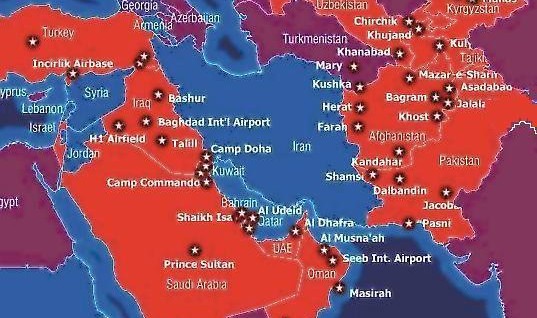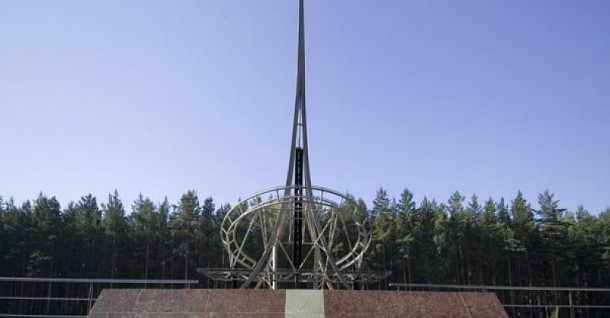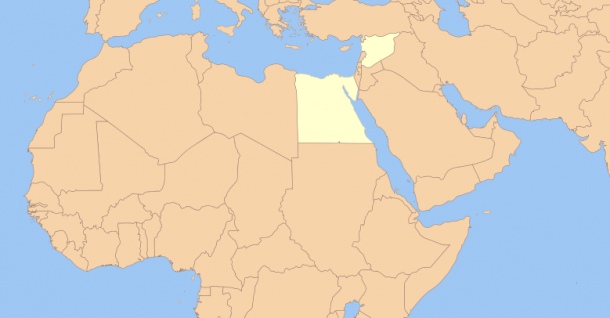Almost everybody who has ever been interested in international processes has heard the name of the modern geopolitican Zbignew Brzezinski. His book “The Grand Chessboard” became the bestseller.
The phrase “Geopolitics – is the theory of positional game on the global chessboard” belongs to him.
But is it possible in straight line to consider the combination of global processes of international and regional relationship as the chess game?
Denga Khalidov, the vice-president of Academy of geopolitical problems:
“Of course, no. Brzezinski makes the same logical and philosophical mistake which is typical for European mentality including the political thinking. The Europeans are used to reason in the terms of dichotomic confrontation. There are “we” and there are “they”, there is the West and there is the rest of the world which needs to be reduced to a common denominator, whose values, theoretical and practical premises of social and political self-organization should be reformatted in such a way that everywhere the western values are in triumph.
There is absolutely different approach in evaluation of world situation in real politics – this approach originates from Chinese philosophical tradition. According to this tradition the world is a complex system where there are not only two but three, four or five players in the positional game. In this case the complexity of the world gets the real, adequate reflection in the real politics and in geopolitics as well. China guided by its philosophical political and geopolitical doctrine wins over and over again the tactical fights against the West and, I should say, against the former Soviet Union.
Iran, Turkey and limitedly Pakistan and Saudi Arabia try to play the role of such autonomous geopolitical actors today. If we consider each of these actors we will find that they all, except Iran, are under the external indirect control. Their autonomy is limited by the global scenario of the West. Saudi Arabia and Turkey are included in the global scenario of Anglo-Saxon elite. Turkish geopolitical model may be formulated as restoration of Osman Empire elements on Islamic basis. But eventually Turkey as NATO member and strategic partner of the USA goes with the western scenario. Definitely there is some disagreement but autonomy is quite limited.
The strategic line built by the International Union of Muslim Scholars has the serious scientific defects preeminently in eschatology (eschatology- is the fight of the end) and in geopolitics. I mean the International Union of Muslim Scholars which is led by Dr. Yusuf al-Qaradawi. I visited the World congress in Istanbul two years ago and witnessed how behind the Muslim (Islam) spiritual elite (ulems) were in strategic thinking and geopolitical reconstruction of the events.”
***
It should be mentioned that geopolitics was under the ban in the Soviet Union and was recognized as “fascist” and “bourgeois” pseudoscience by scientific circles. For example, in the Great Soviet Encyclopedia the term geopolitics is determined as: “Bourgeois, conservative concept that uses perversely interpreted physical and economical geography data for reasoning and propaganda of aggressive policy of empire states.”
In this connection it’s worth to understand whether the collapse of the USSR happened due to underestimation of geopolitics by the Soviet strategists?
Denga Khalidov:
“It is absolutely true that one of the reasons of Soviet Union collapse is underestimation of geopolitics as a science and art, as science and strategy. The point is that in 50th in the Soviet Union since the time of “Khruschev Thaw” infiltration of former “trotskysts”, their successors – ideological, political and even mental successors –to the power structures had happened. In Brezhnev period they were in semi-underground position, and in 80th in Gorbachev time they came into cultural and political surface.
“The fifth column” and liberal (“trotskysts”) creature in power structures of Soviet Union in 80th thoroughly got the Soviet Union in trouble, ignoring the geopolitics and strategic geopolitical aims of the West. And we received what we have today: Soviet Union collapse, the world second pole collapse, transformation of “Big Russia” (such was the soviet country) into ordinary state with tens, hundreds ballistic intercontinental rockets. The Soviet Union played such a role that the present Russia couldn’t dream about.”
***
Taking into account all above said, we should note that it is impossible to understand the international expanse without geopolitical experience. Do the Muslims really need knowledge in geopolitical sphere?
Denga Khalidov:
“What do we get from geopolitics? It gives us the opportunity to sort out the main challenges from secondary, main priorities from secondary, main strategic opponent from minor. Geopolitics gives the opportunity to conceptually maintain the strict gradation of threat, problems, and challenges.
The lack of geopolitical thinking can be observed in many common Muslims, who go to Syria by their hearts call and they are thrown to the fire of war and they die in fratricidal war. That’s why the issue of Muslim geopolitics is urgent for entire Muslim world.”
Muslim Politic
![Электронный журнал [Электронный журнал]](/magazine.static/magazine-front.jpg)
